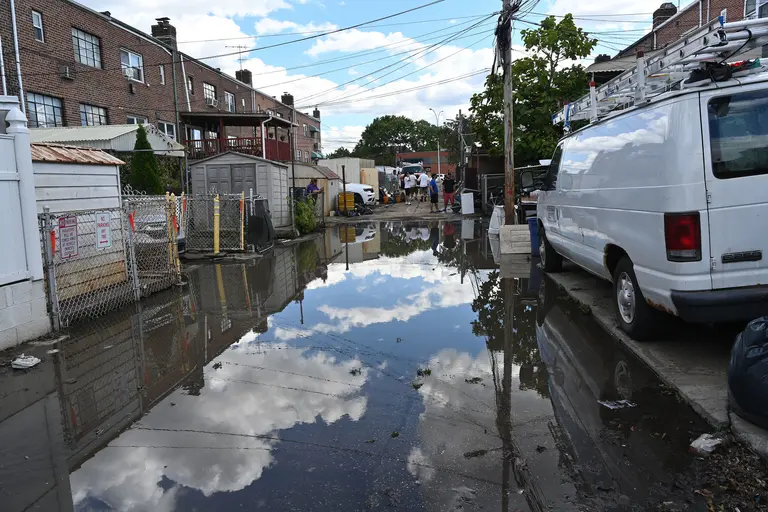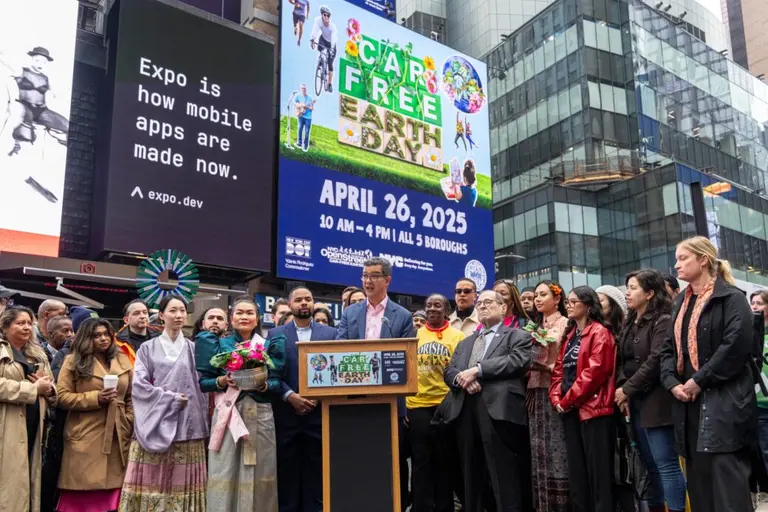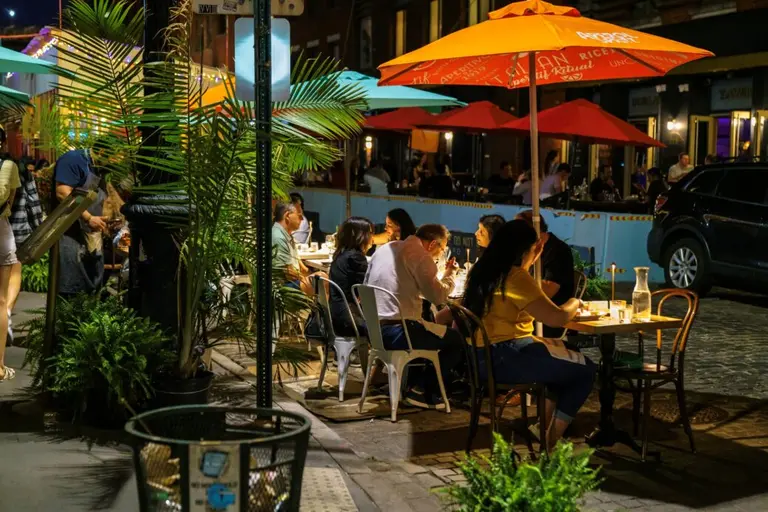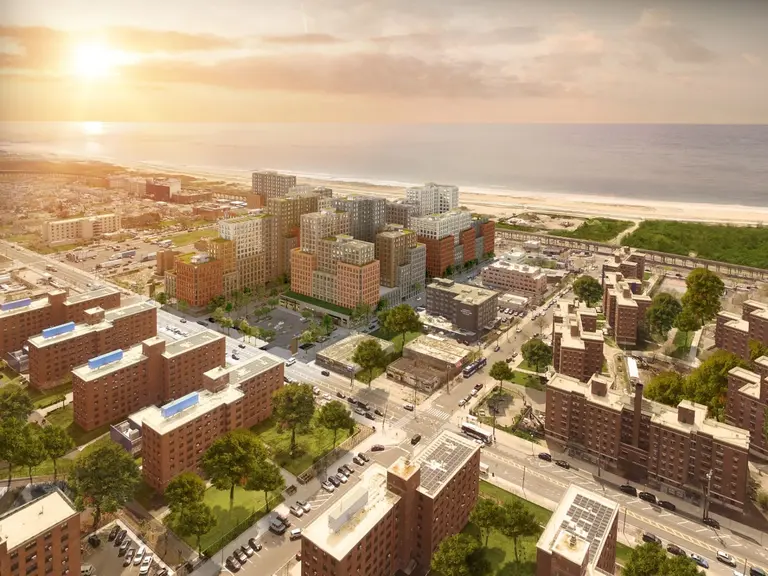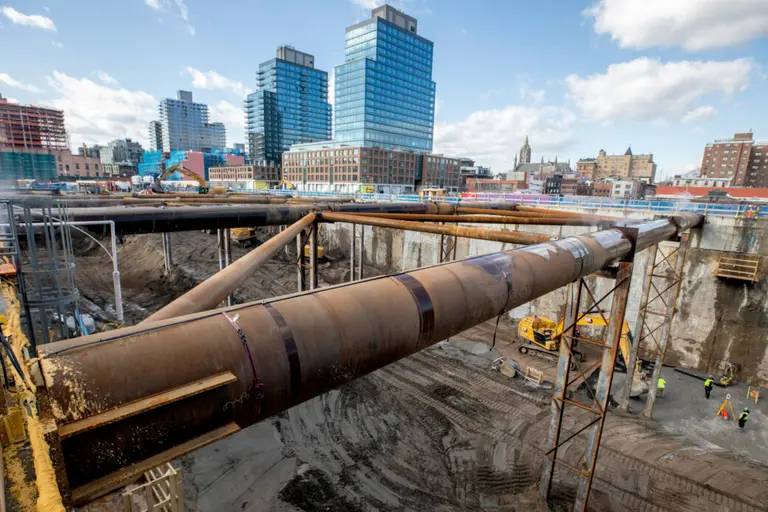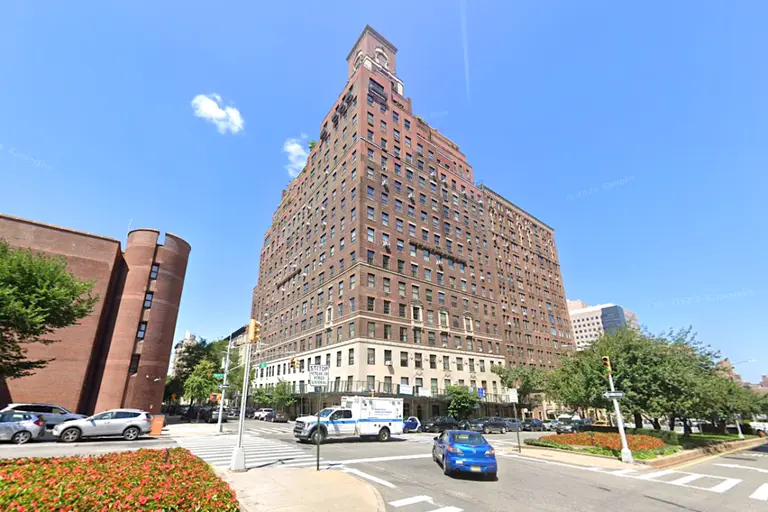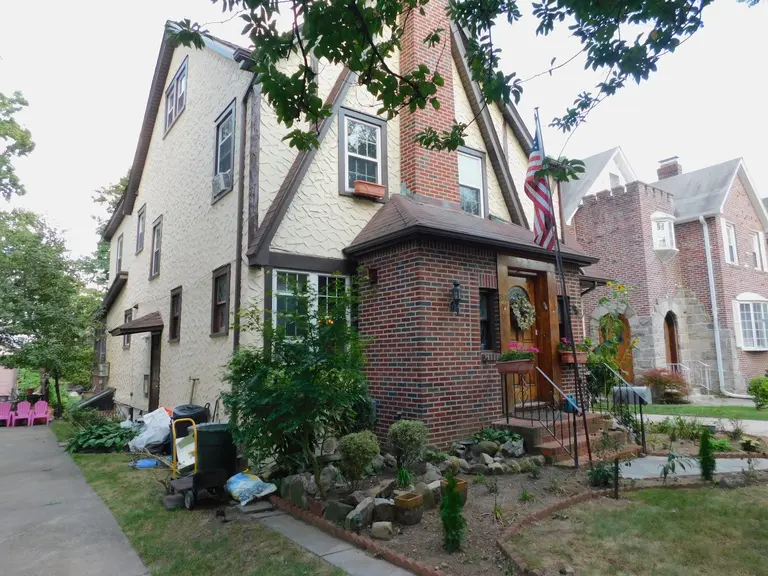State budget director says a pied-à-terre tax could help fund MTA
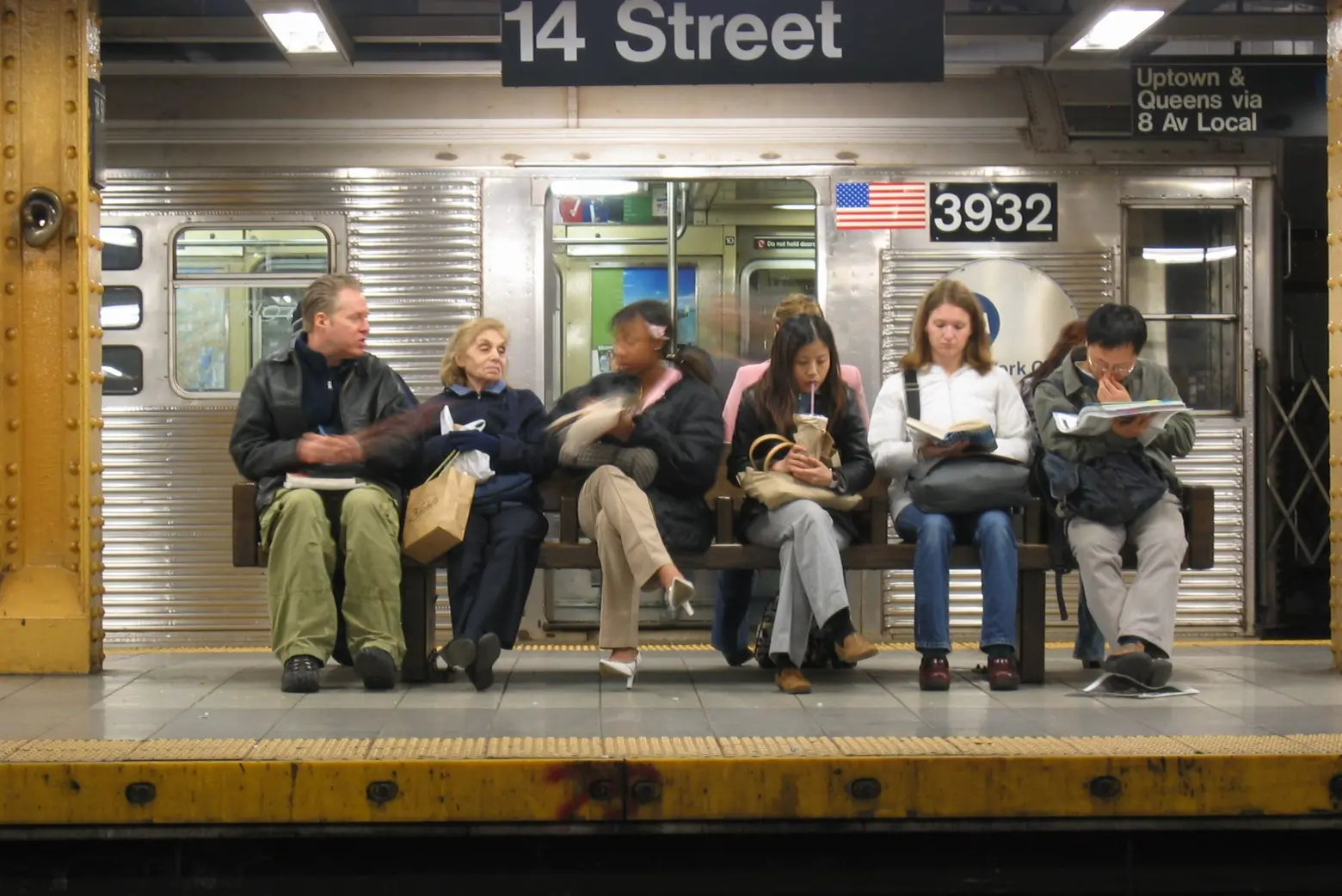
Via Flickr
Calls for a pied-à-terre tax have increased since billionaire Ken Griffin closed on a penthouse at 220 Central Park South for over $239 million. The sale shattered the existing record of the most expensive home sold in the US by $100 million but Griffin will only be using the residence as “a place to stay when he’s in town.” City Council Members Mark Levine and Margaret Chin recently announced support for a bill that was first drafted by Sen. Brad Hoylman five years ago, which would place a yearly surcharge of 0.5% to 4% on secondary residences worth more than $5 million. In a statement released on Wednesday, State Budget Director Robert Mujica added his support, stating that a pied-à-terre tax could be combined with other revenue solutions to help fund the Metropolitan Transportation Authority’s $40 billion in capital needs.
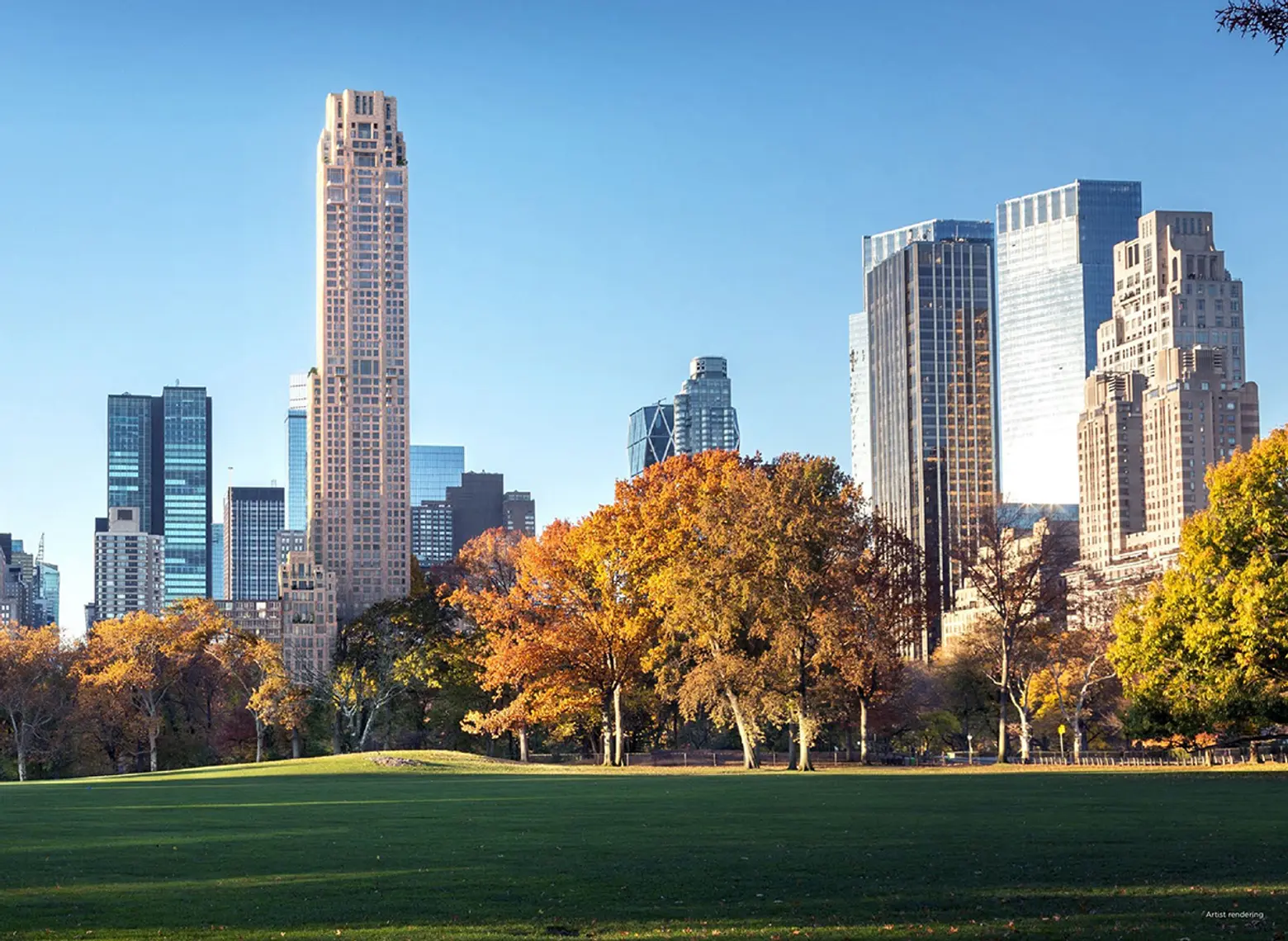
Via Vornado Realty Trust and Robert A.M. Stern Architects
“Congestion pricing is projected to yield $15 billion, the internet sales tax would yield roughly $5 billion, and the tax on cannabis could generate an additional $2 billion for a total of $22 billion for the next MTA capital plan,” he explained.
With the estimated cost of the Fast Forward plan at $40 billion, Mujica suggested that a pied-á-terre tax could help raise additional funds. “If we lose tax revenue generated by cannabis we will either need a 50/50 cash split between the city and state, or the pied-à-terre tax,” Mujica said, suggesting that the new tax could bring as much as $9 billion over the 10-year period of the capital plan.
Pieds-à-terre have long been an issue for the city and one that is only increasing. In 2017, there were 75,000 pieds-à-terre, up from 55,000 in 2014, according to a survey from New York City Housing and Vacancy. As 6sqft previously reported, owners of luxury, secondary NYC homes live and work outside of the city and avoid city income taxes. Due to an outdated tax system, city co-ops and condos are not taxed at market value, but instead by looking at the income generated by comparable rental buildings.
Council Speaker Corey Johnson also plans on pushing lawmakers to approve the tax. “There are few better examples of the burgeoning inequality in our City than $238 million dollar homes that will most likely sit empty,” Johnson tweeted last month.
Gothamist reported in January that Griffin would need to pay nearly $8.9 million annually to the city for his Central Park home under the proposed bill, according to calculations made by James Parrott, the director of economic and fiscal policies at the Center for New York City Affairs.
RELATED:
